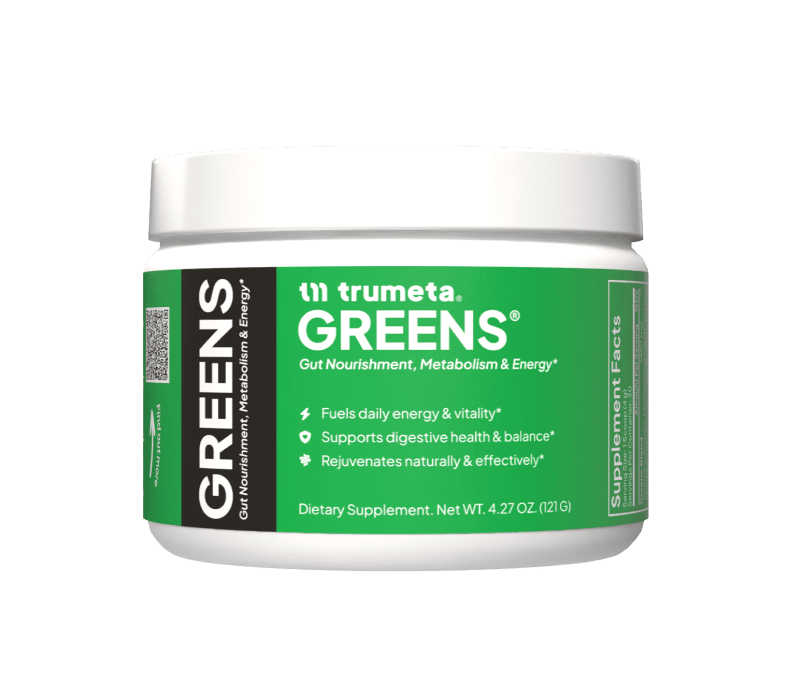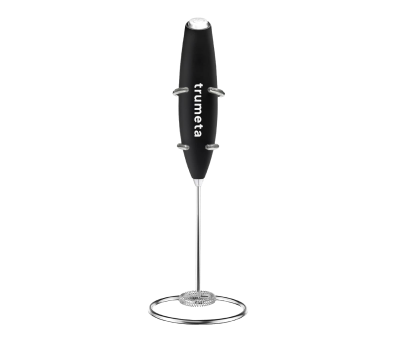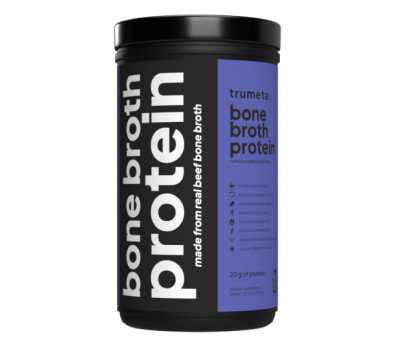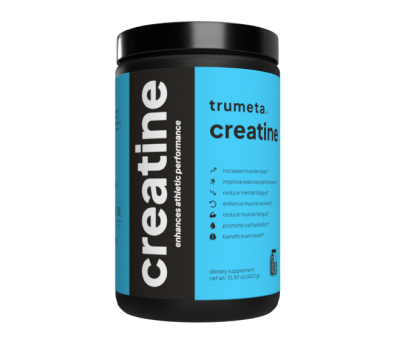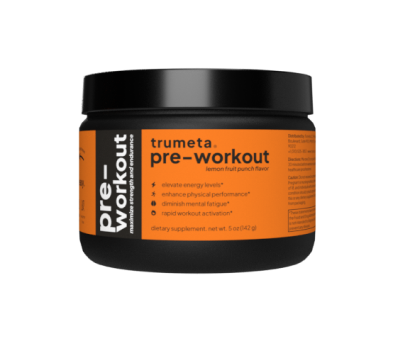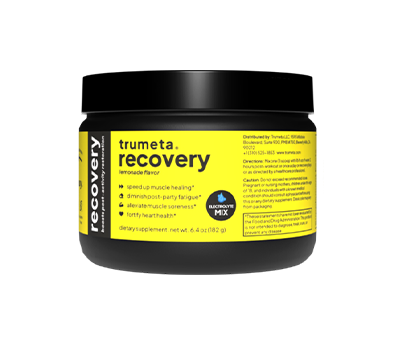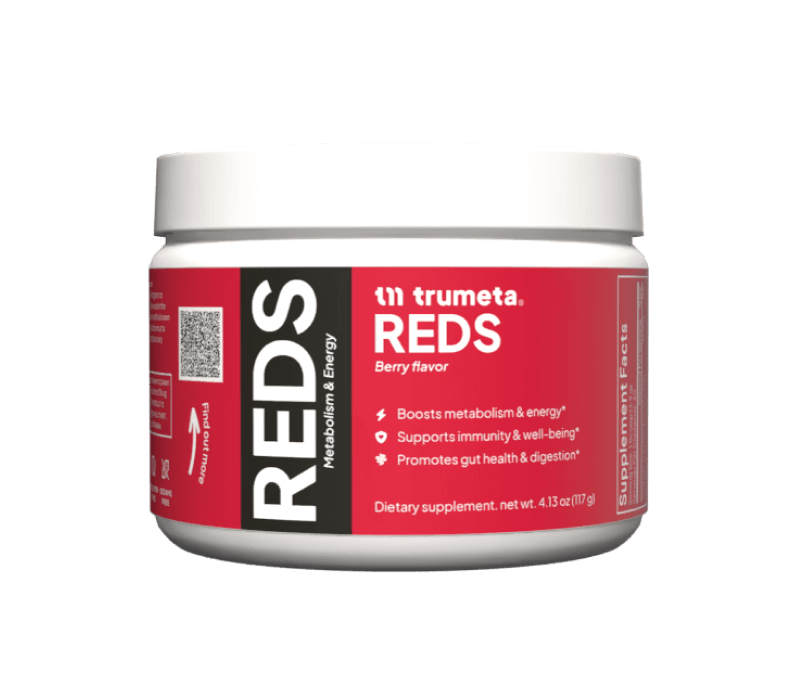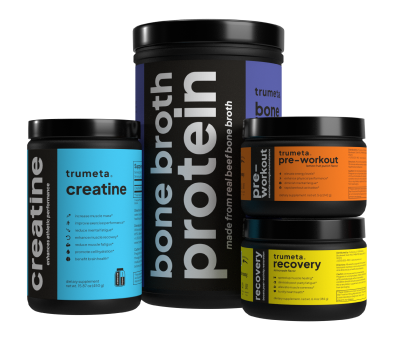


Organic pineapple:
Nutritional benefits & uses
Sweet, tangy, and bursting with tropical flavor, organic pineapple is a delicious way to support your health. Unlike conventionally grown fruit, organic pineapples are cultivated without synthetic pesticides or chemical fertilizers, making them a cleaner choice for both you and the environment. These golden gems are packed with essential nutrients, antioxidants, and natural enzymes that promote overall well-being.
From adding a refreshing twist to smoothies to enhancing your favorite dishes, organic pineapple offers versatility in the kitchen. But beyond its irresistible taste, this tropical fruit contains key vitamins and minerals that help maintain digestive health, immune function, and skin vitality. Whether you enjoy it fresh, frozen, or dried, organic pineapple is a nutrient-dense fruit worth savoring.
Benefits of Organic Pineapple
Organic pineapple is a powerhouse of nutrition, offering a range of health benefits without the exposure to synthetic pesticides. Grown using sustainable farming methods, they provide a cleaner and more natural way to enjoy this tropical delight.
Boosts Immune System
One of the biggest advantages of organic pineapple is its high vitamin C content. This essential nutrient plays a crucial role in supporting immune function, helping the body stay strong against seasonal challenges. Just one cup of fresh pineapple provides 88% of your daily vitamin C needs, making it a tasty and effective way to promote immune health.
Supports Digestion
Organic pineapple contains bromelain, a unique enzyme that helps break down proteins and supports efficient digestion. This natural digestive aid can help alleviate discomfort after heavy meals and promote gut health. The fiber content in organic pineapple further supports digestive wellness by maintaining regular bowel movements.
Anti-inflammatory Properties
The bromelain in organic pineapple offers natural anti-inflammatory benefits. This can help reduce swelling and discomfort in the body, supporting faster recovery after physical activity. Including organic pineapple in your post-workout routine may help maintain joint comfort and mobility.
Supports Heart Health
Rich in potassium, organic pineapple helps maintain healthy heart function and fluid balance. The fiber content supports cardiovascular wellness by helping maintain healthy cholesterol levels. Regular consumption of organic pineapple as part of a balanced diet contributes to overall heart health.
Promotes Healthy Skin
The vitamin C in organic pineapple supports collagen production, which is essential for maintaining skin elasticity and a youthful appearance. This tropical fruit also contains antioxidants that protect skin cells from damage caused by environmental factors, promoting a radiant complexion naturally.
Aids in Weight Management
With its low calorie count and high fiber content, organic pineapple helps you feel full for longer periods. The natural enzymes support efficient digestion, while the high water content keeps you hydrated. These qualities make organic pineapple an excellent addition to a balanced eating plan.
Forge Your Victory
Key nutrients
Organic pineapple packs an impressive nutritional punch despite its sweet, tropical flavor. These golden fruits contain a remarkable array of vitamins, minerals, and beneficial plant compounds that contribute to their health-supporting properties.
Vitamin C
Organic pineapple ranks among the top sources of vitamin C, making it an excellent choice for supporting immune function. This essential nutrient plays multiple roles in the body, acting as a powerful antioxidant that helps protect cells from damage.
Manganese
Manganese is a vital trace mineral abundantly found in organic pineapples. It supports bone formation, helps protect cells from damage, and plays a key role in metabolism. Including pineapple in your diet can contribute to your daily manganese intake.
Bromelain
Bromelain is a unique group of enzymes found in pineapples that aid digestion by breaking down proteins. These enzymes have also been studied for their potential benefits in supporting overall wellness. Organic pineapples may have higher bromelain levels due to the absence of synthetic chemicals.
Fiber
Pineapples are a natural source of fiber, which promotes digestive health and helps maintain regularity. Fiber also supports gut health and contributes to a feeling of fullness. Adding pineapple to your diet can be a delicious way to increase fiber intake.
Potassium
Each serving of organic pineapple delivers a comprehensive amount of potassium, an essential mineral that supports muscle function, nerve signaling, and fluid balance in the body. This electrolyte plays a crucial role in maintaining proper cardiovascular function and healthy blood pressure levels.
Antioxidants
Organic pineapples are rich in antioxidants, including flavonoids and phenolic compounds, which help protect cells from oxidative stress. Key antioxidants like quercetin, gallic acid, and ferulic acid work together to support cellular health and overall well-being.
How to Use Organic Pineapple?
Adding organic pineapple to your daily food routine is effortless and rewarding. This versatile tropical fruit can enhance both sweet and savory dishes with its bright flavor and impressive nutritional profile.
The simplest way to enjoy organic pineapple is by washing it thoroughly, removing the crown and skin, and slicing it fresh. For maximum nutrition and flavor, consume fresh pineapple within 2-3 days when its enzyme content is at its peak.
You can easily incorporate organic pineapple into your diet by:
- Blending it into smoothies with yogurt or plant milk
- Adding chunks to morning oatmeal or cereal
- Grilling slices as a side for savory dishes
- Creating tropical salsas for fish or chicken
- Freezing pieces for year-round use in baking and smoothies
Organic frozen pineapple offers convenience without sacrificing nutrition. Keep bags in your freezer for quick smoothies, desserts, or tropical drinks. The freezing process locks in nutrients, making it a smart option when fresh pineapple isn't available.
For a nutritious snack, try organic dried pineapple, which concentrates the fruit's natural sweetness and nutrients. Look for varieties without added sugars for the most health benefits. Dried pineapple makes an excellent addition to trail mix, baked goods, or as a standalone treat.
When cooking with pineapple, add it toward the end of preparation to preserve its delicate enzymes. Gentle cooking methods like quick roasting or light simmering work best for maintaining nutritional value.
Nutritional Information
Organic pineapple offers exceptional nutritional value with a natural sweetness, making it an ideal addition to a balanced diet. Here's a detailed breakdown of what you'll find in a standard serving of this tropical fruit.
One cup (165 grams) of fresh organic pineapple chunks contains approximately:
- Calories: 82
- Protein: 0.9 grams
- Carbohydrates: 21.6 grams
- Fiber: 2.3 grams
- Natural Sugars: 16.3 grams
- Fat: 0.2 grams
- Water Content: 140 grams (86% by weight)
This serving delivers an impressive array of essential vitamins:
- Vitamin C: 78.9 mg (88% of daily value)
- Vitamin B1 (Thiamine): 0.08 mg (7% of daily value)
- Vitamin B6: 0.11 mg (9% of daily value)
- Folate: 18 mcg (5% of daily value)
- Vitamin A: 58 IU (1% of daily value)
Organic pineapple also provides important minerals per cup:
- Manganese: 1.5 mg (76% of daily value)
- Potassium: 180 mg (5% of daily value)
- Magnesium: 20 mg (5% of daily value)
- Copper: 0.18 mg (20% of daily value)
- Calcium: 21 mg (2% of daily value)
- Iron: 0.5 mg (3% of daily value)
What makes organic pineapple truly special is its content of bromelain, a mixture of enzymes that aren't commonly found in other fruits. These enzymes support protein digestion and have been studied for their various health-supporting properties.
Organic varieties may contain higher levels of beneficial compounds compared to conventionally grown pineapples. Studies suggest that organic farming practices can increase certain antioxidant levels in fruits, potentially making organic pineapple even more nutritious.
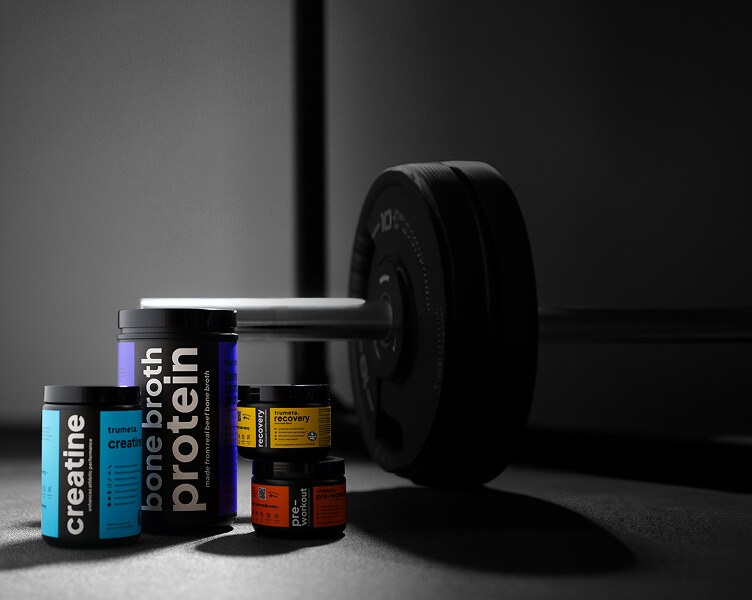


Strength isn't given.
It's earned.
Every rep. Every set. Every scoop.
Frequently asked questions
References
Does pineapple need to be organic?
While conventional pineapples are generally considered safe, organic varieties avoid synthetic pesticides and fertilizers. Choose organic if you prefer fewer chemical residues and support sustainable farming practices that are better for the environment.
Is organic pineapple juice good for you?
Organic pineapple juice offers vitamin C, manganese, and bromelain without synthetic chemicals. However, it lacks the fiber of whole fruit and contains natural sugars. Enjoy it in moderation as part of a balanced diet for immune and digestive support.
Are non-organic pineapples safe?
Non-organic pineapples are generally considered safe to consume. The thick, spiky skin provides some natural protection against pesticide absorption. Thoroughly washing the fruit before cutting helps reduce any surface residues that might be present.
Health benefits of pineapple. (n.d.). WebMD. https://www.webmd.com/food-recipes/benefits-pineapple
Ld, L. W. M. R. (2025). 8 Impressive health benefits of pineapple. Healthline. https://www.healthline.com/nutrition/benefits-of-pineapple#high-in-nutrients
Zdrojewicz, Z., et al. (2018). Health-promoting properties of pineapple. Pediatria I Medycyna Rodzinna, 14(2), 133–142. https://www.researchgate.net/publication/326777843
Rathnavelu, V., et al. (2016). Potential role of bromelain in clinical and therapeutic applications. Biomedical Reports, 5(3), 283–288. https://pmc.ncbi.nlm.nih.gov/articles/PMC4998156/
Seenak, P., et al. (2021). Pineapple consumption reduced cardiac oxidative stress and inflammation in high cholesterol diet-fed rats. Nutrition & Metabolism, 18(1). https://pmc.ncbi.nlm.nih.gov/articles/PMC8028712/
Ld, S. S. M. R. (2021). Is pineapple good for your skin? Healthline. https://www.healthline.com/nutrition/pineapple-benefits-for-skin
Jividen, S., RN. (2024). Is pineapple good for weight loss? Verywell Health. https://www.verywellhealth.com/is-pineapple-good-for-weight-loss-8705002
Carr, A., & Maggini, S. (2017). Vitamin C and immune function. Nutrients, 9(11), 1211. https://pmc.ncbi.nlm.nih.gov/articles/PMC5707683/
Rd, V. T., PhD. (2023). How to Increase the Absorption of Iron from Foods. Healthline. https://www.healthline.com/nutrition/increase-iron-absorption#enhancing-iron-absorption
Avila, D. S., et al. (2013). Manganese in health and disease. Metal Ions in Life Sciences, 199–227. https://pmc.ncbi.nlm.nih.gov/articles/PMC6589086/
Varilla, C., et al. (2021). Bromelain, a Group of Pineapple Proteolytic Complex Enzymes (Ananas comosus) and Their Possible Therapeutic and Clinical Effects. A Summary. Foods, 10(10), 2249. https://pmc.ncbi.nlm.nih.gov/articles/PMC8534447/
Narayana Health. (2024). Understanding the role of fiber in digestive health. Narayana Health. https://www.narayanahealth.org/blog/understanding-role-fiber-digestive-health
Content - Health Encyclopedia - University of Rochester Medical Center. (n.d.). https://www.urmc.rochester.edu/encyclopedia/content?contenttypeid=19&contentid=potassium
Hossain, M. A., & Rahman, S. M. (2010). Total phenolics, flavonoids and antioxidant activity of tropical fruit pineapple. Food Research International, 44(3), 672–676. https://www.sciencedirect.com/science/article/abs/pii/S0963996910004801
